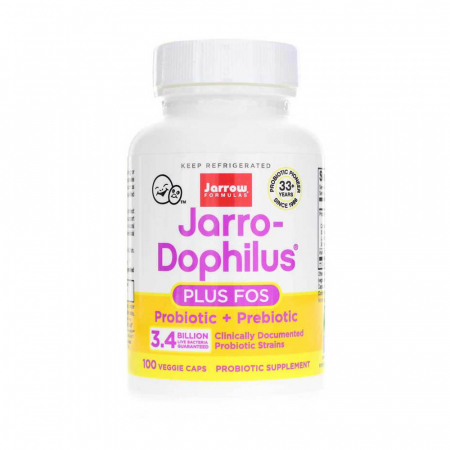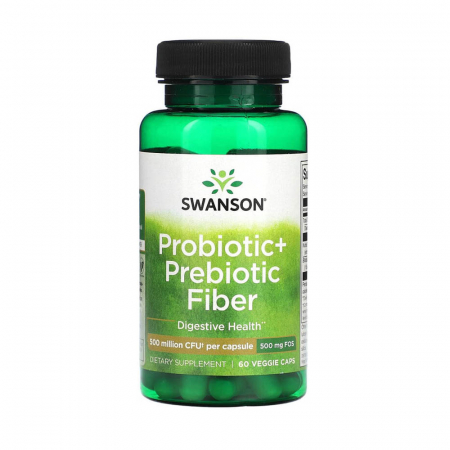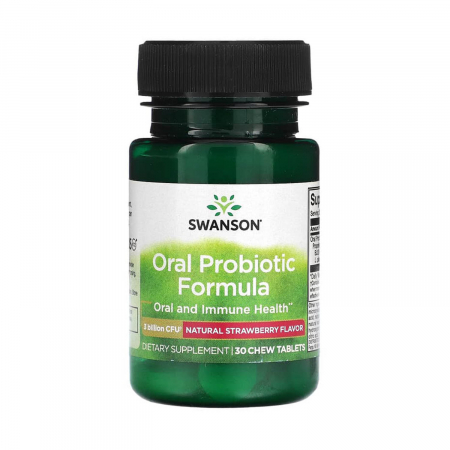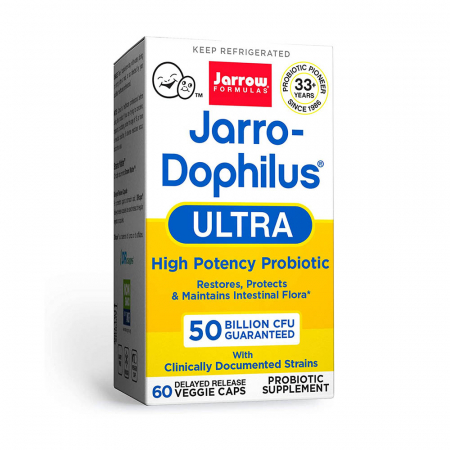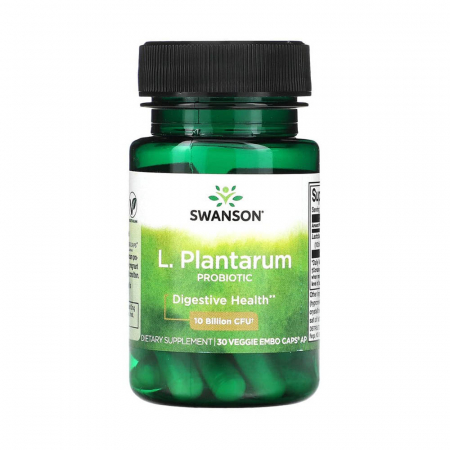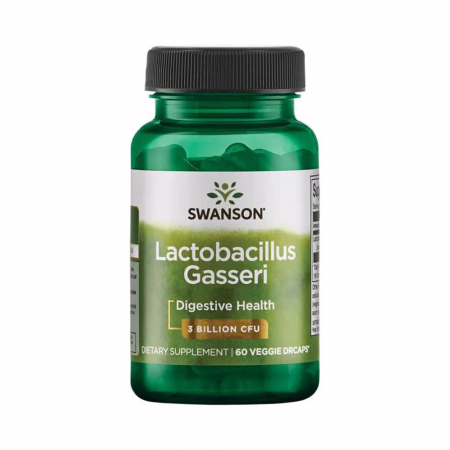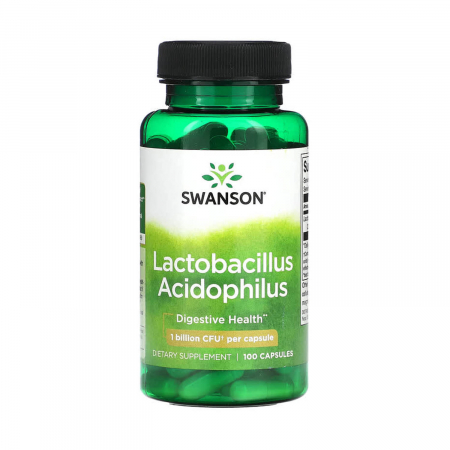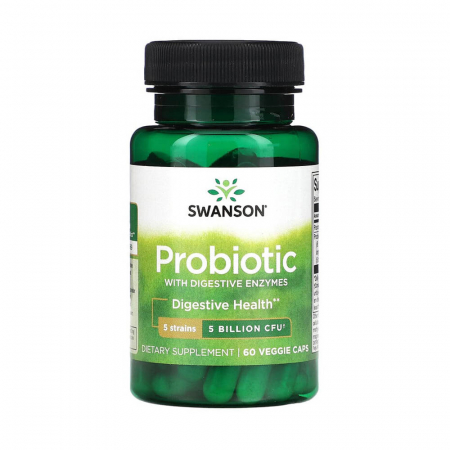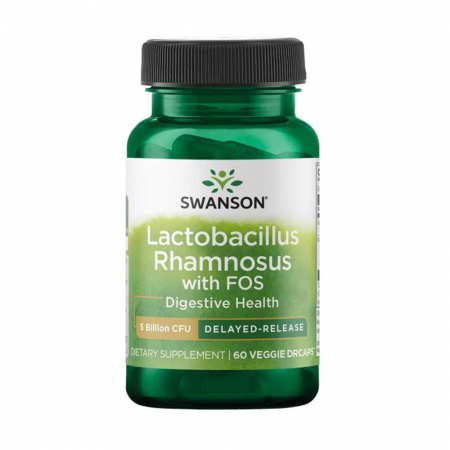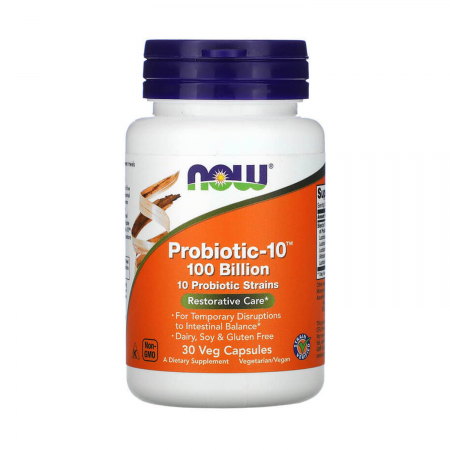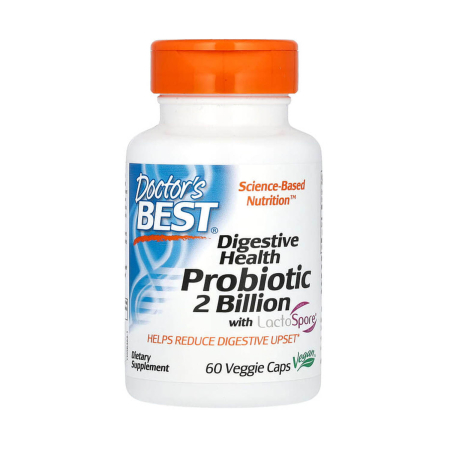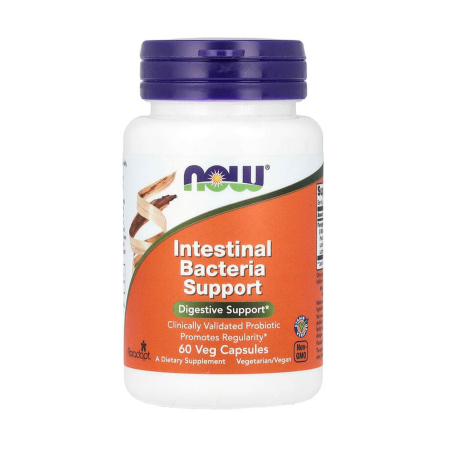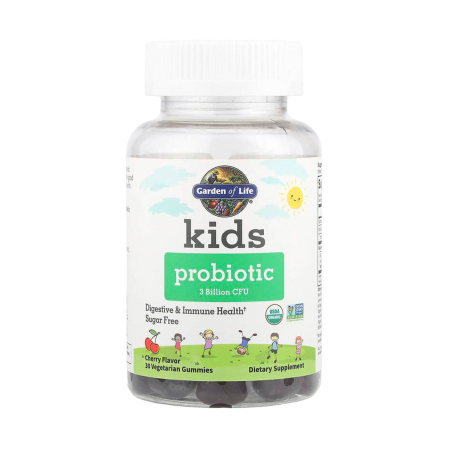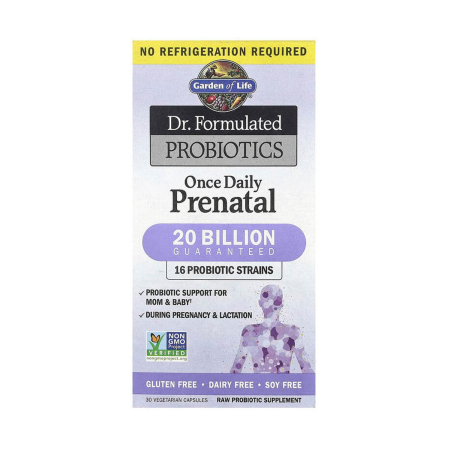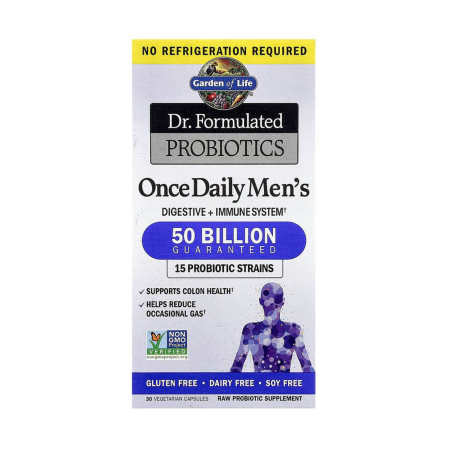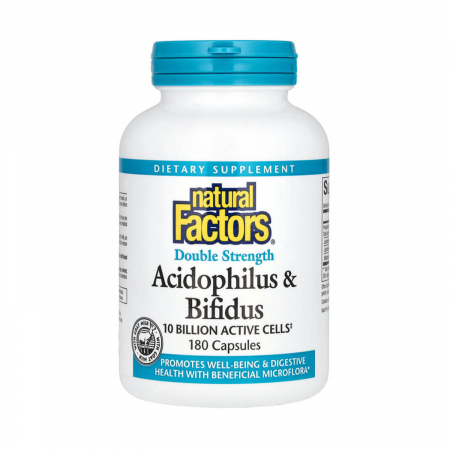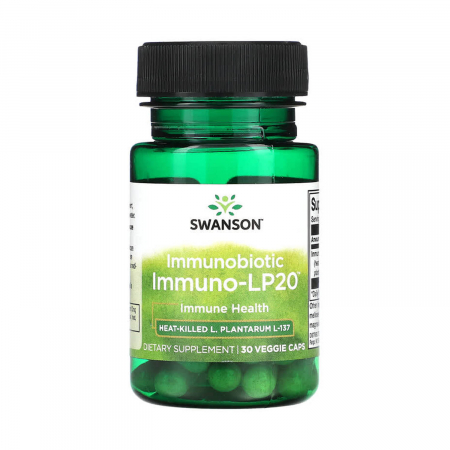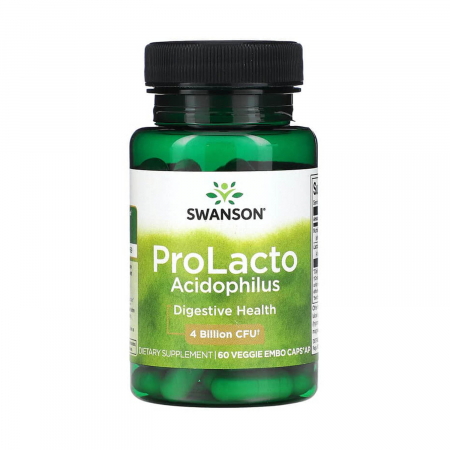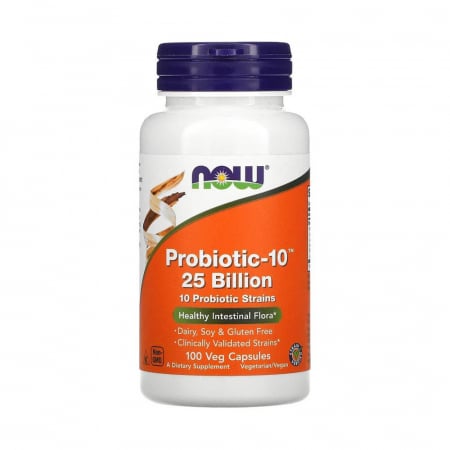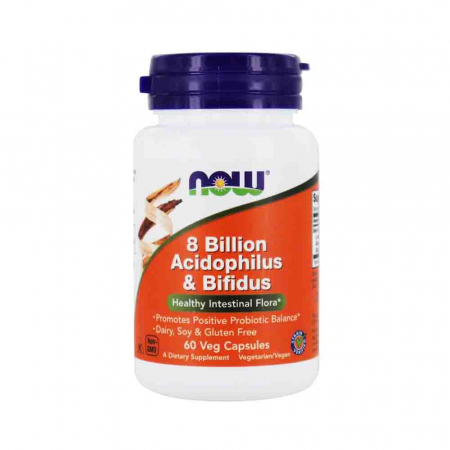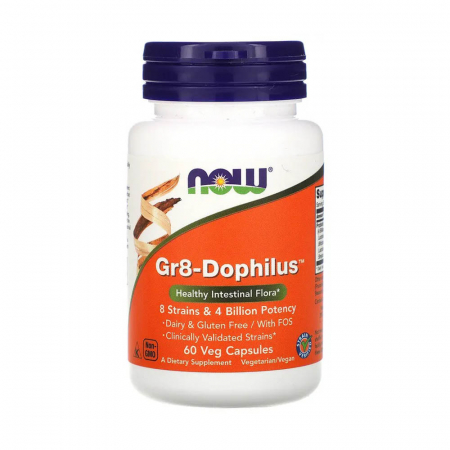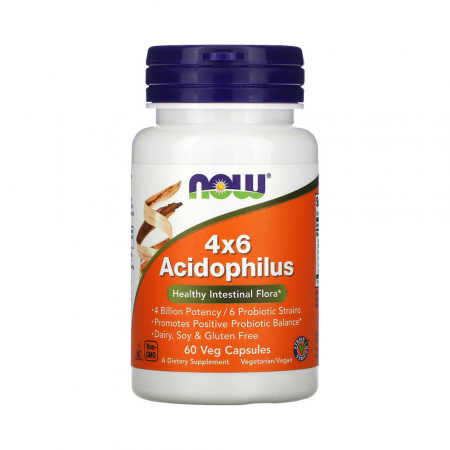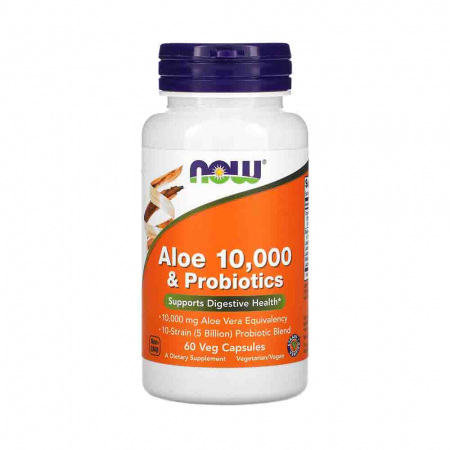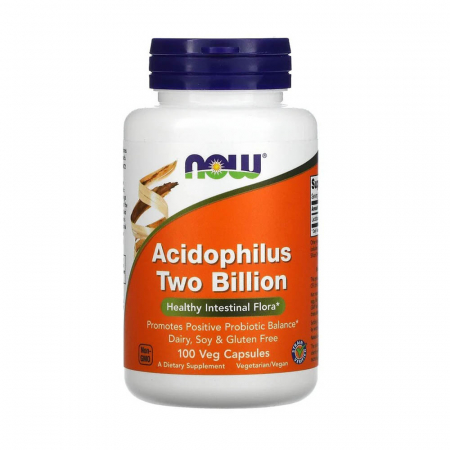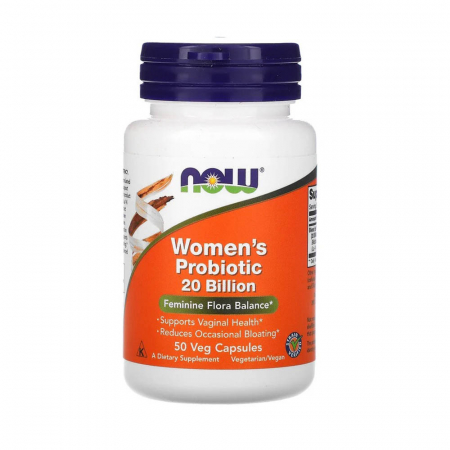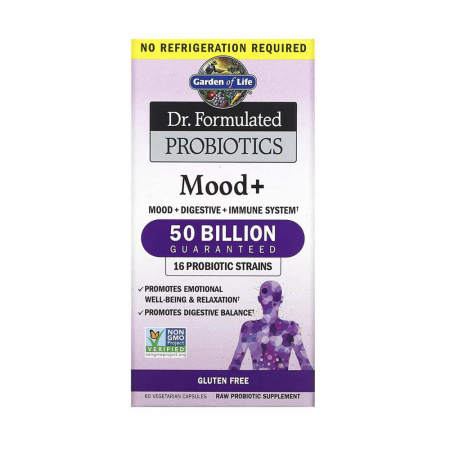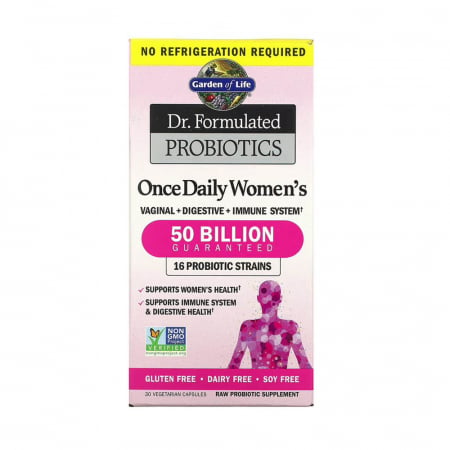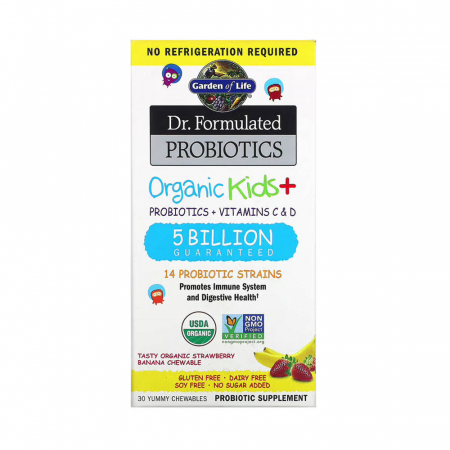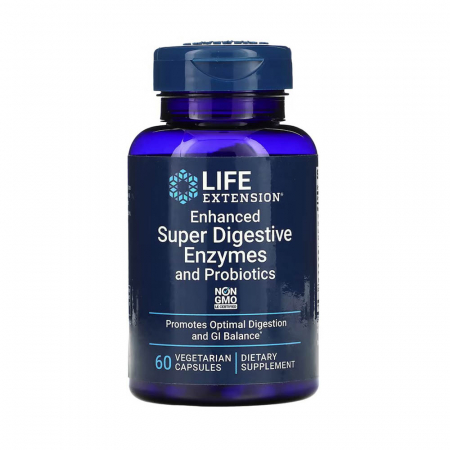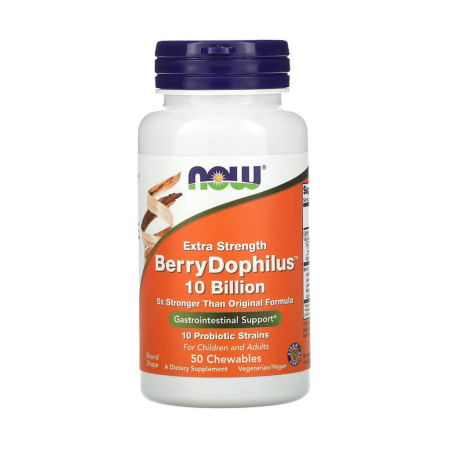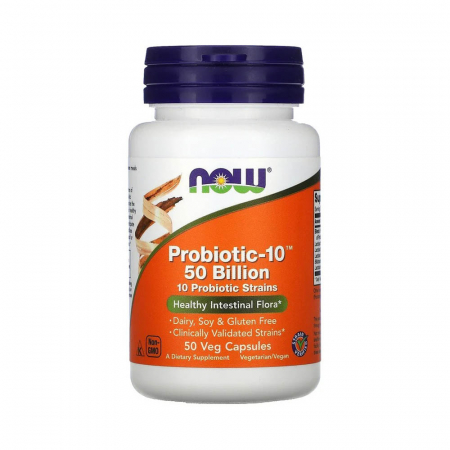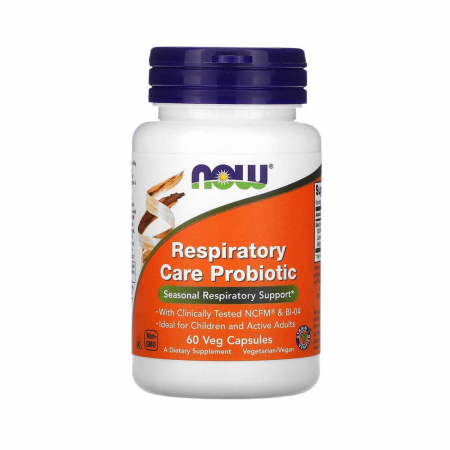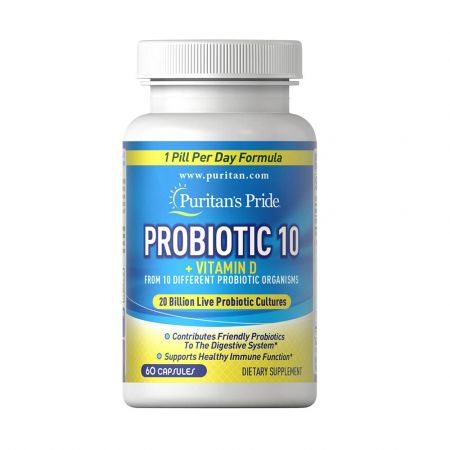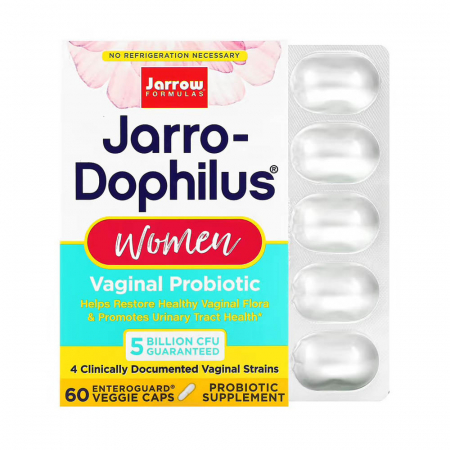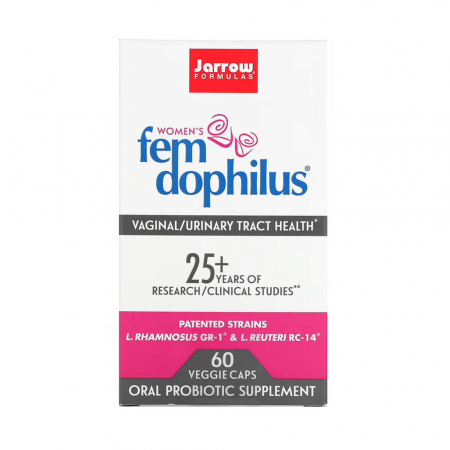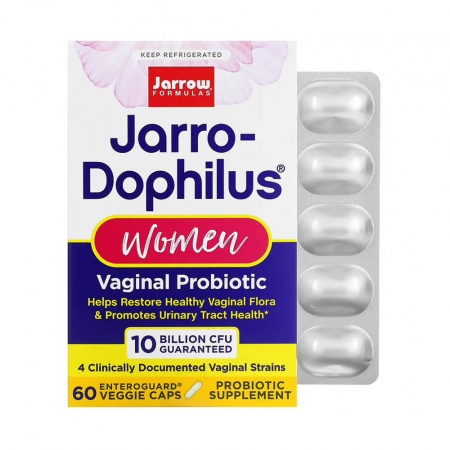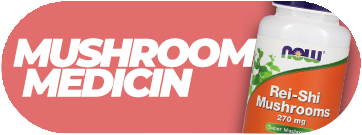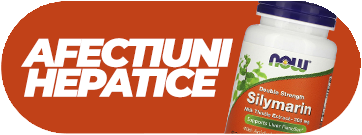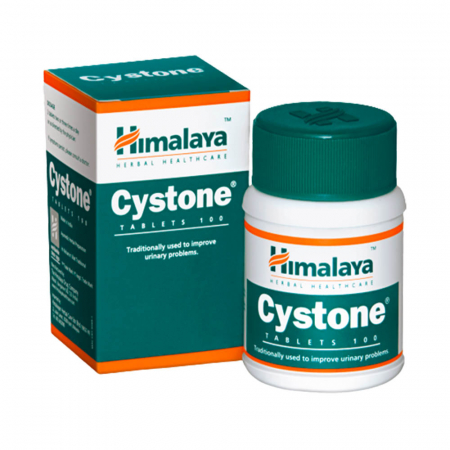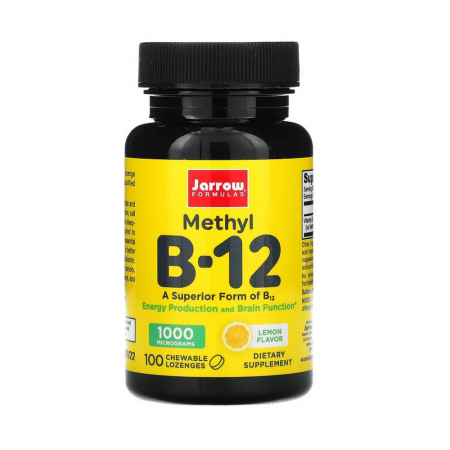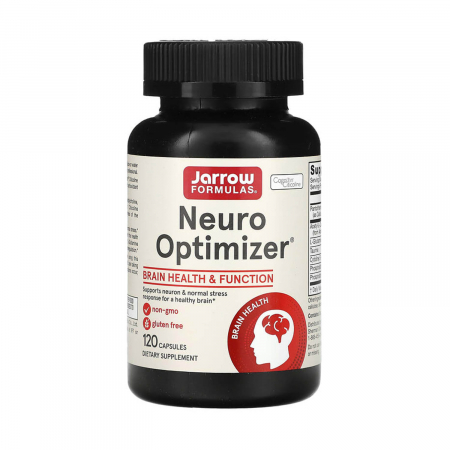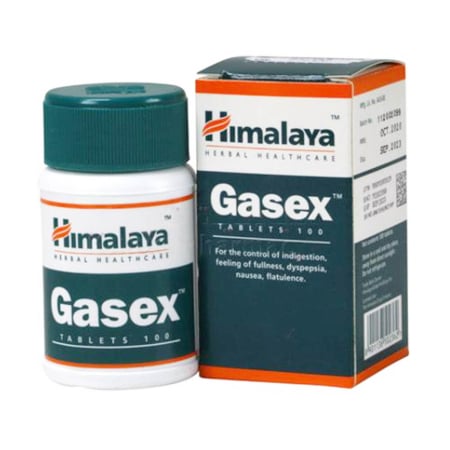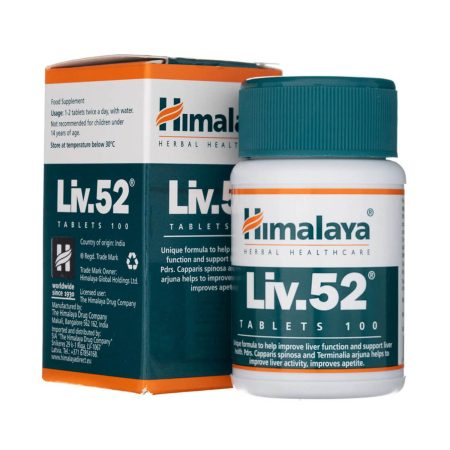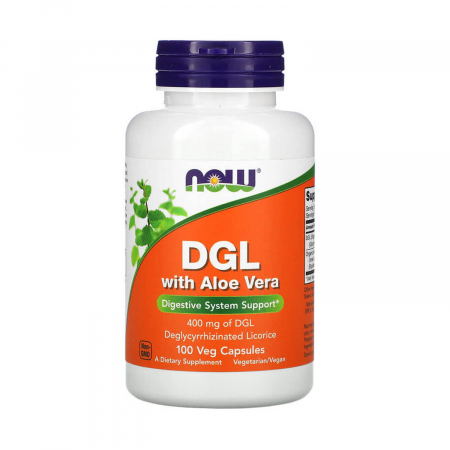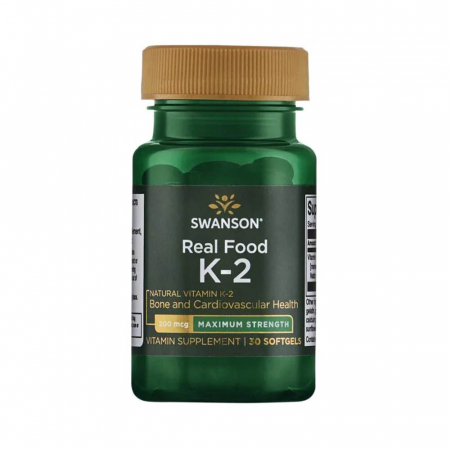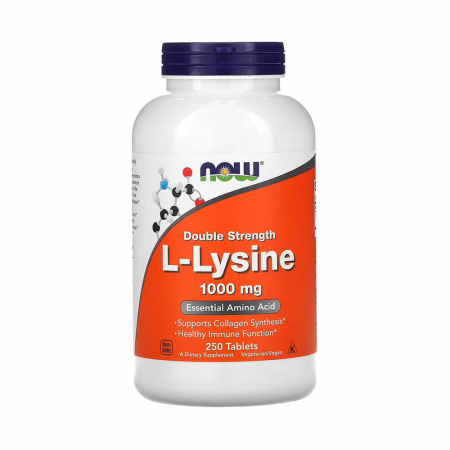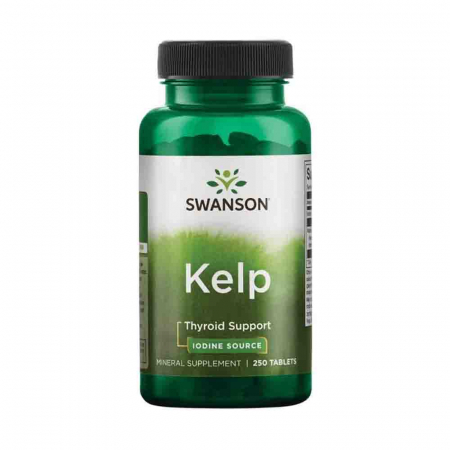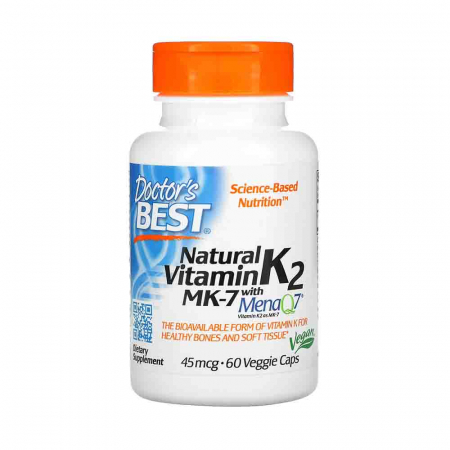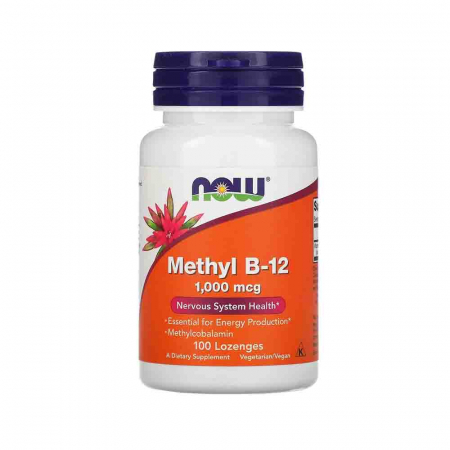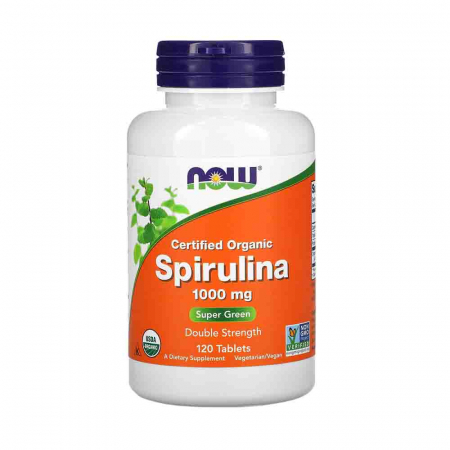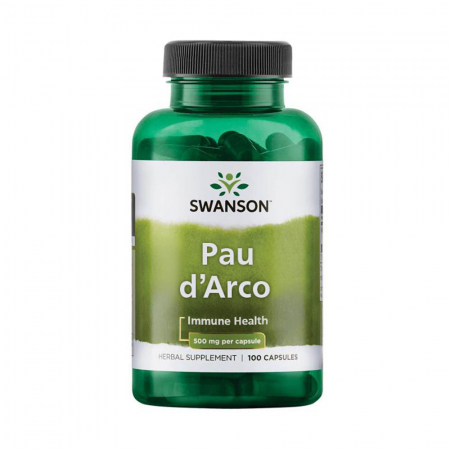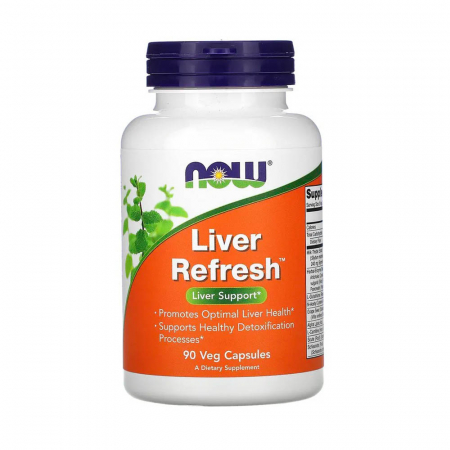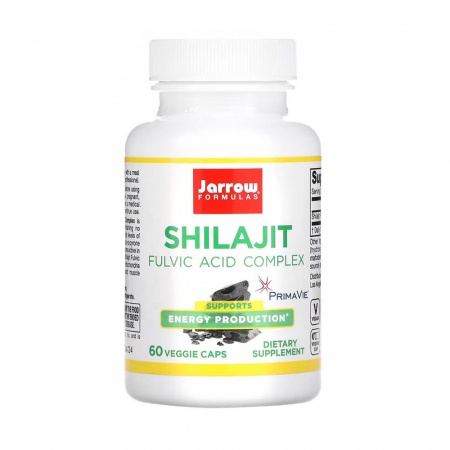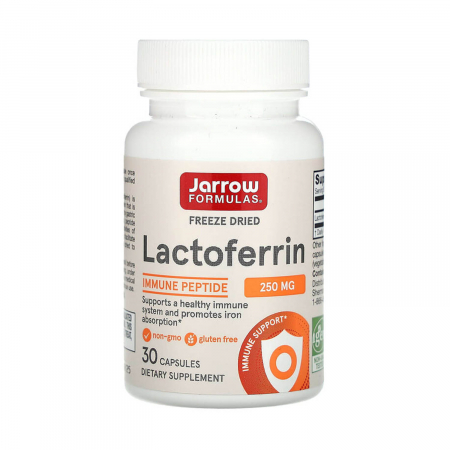Lactobacillus
Display: 1-48 from 62 products
Filters
Now Foods
90,90 RON
from 69,99 RON
Berry Dophilus Probiotic Kids, 2 Billion CFU, Now Foods, 60 tablete masticabile
Now Foods
201,48 RON
134,99 RON
Women's Probiotic (Vaginal Health), 20 Billion, Now Foods, 50 capsules
Jarrow
139,99 RON
from 104,99 RON
Jarro-Dophilus Plus FOS, 3.4 Billion CFU, Jarrow Formulas, 100 capsule
Life Extension
185,70 RON
129,99 RON
Super Digestive Enzymes and Probiotics, Life Extension, 60 capsules
Natural Factors
239,98 RON
155,99 RON
Acidophilus & Bifidus, 10 Billion, Natural Factors, 180 capsules
Garden of Life
294,51 RON
214,99 RON
Probiotic Once Daily Men's, 50 Billion, Garden of Life, 30 capsules
Garden of Life
198,62 RON
144,99 RON
Kids Probiotic Gummies, 3 Billion CFU, Garden of Life, 30 Gummies
What are lactobacilli?
Lactobacillus is a genus of anaerobic, gram-positive bacteria that do not form spores. Lactobacilli metabolize carbohydrates to produce lactic acid, being the largest genus in the group of lactic acid-producing bacteria (LAB).How are lactobacilli classified?
Lactobacillus species can be divided into three groups depending on their metabolism.The obligate homofermentative group - which ferment carbohydrates to produce lactic acid as the main by-product (eg L. acidophilus and L. salivarius)
The facultative heterofermentative group - which, under certain conditions or with certain substrates, ferments carbohydrates to produce lactic acid, ethanol/acetic acid and carbon dioxide as by-products (for example, L. casei and L. plantarum)
Obligate heterofermentative group - which always ferment carbohydrates to produce lactic acid, ethanol/acetic acid and carbon dioxide as by-products (eg L. reuteri and L. fermentum)
What is the importance of lactobacilli?
Lactobacilli colonize several areas of the human body, especially the digestive tract, including the oral cavity and the female genital tract. At the level of the digestive tract, they play a role in the digestion of certain food substrates, as well as protection against pathogens. Lactobacillus species possess qualities that are desirable from a commercial point of view, both in the health supplement industry and as tools in the food technology sector. The main uses of Lactobacilli are represented by the manufacture of fermented dairy products, meat or vegetables and dough products and are also widely used as probiotics.What are the benefits and uses of lactobacilli?
- Diarrhea in children caused by rotavirus
- Hay fever
- Prevention of diarrhea caused by antibiotics
- Eczema (atopic dermatitis)
- A condition associated with an increased risk of developing allergic reactions (atopic disease)
- Treatment of vaginal infections caused by bacteria (bacterial vaginosis)
- Diarrhea
- Helicobacter pylori infection
- High cholesterol
- Colic in babies
- Relief of irritable bowel syndrome (IBS) symptoms
- Oral inflammations from cancer treatment (oral mucositis)
- Pulmonary infections
- Rheumatoid arthritis
- Reduces the frequency of traveler's diarrhea
- Treatment of an intestinal disease called ulcerative colitis
- Are lactobacilli safe to eat?


